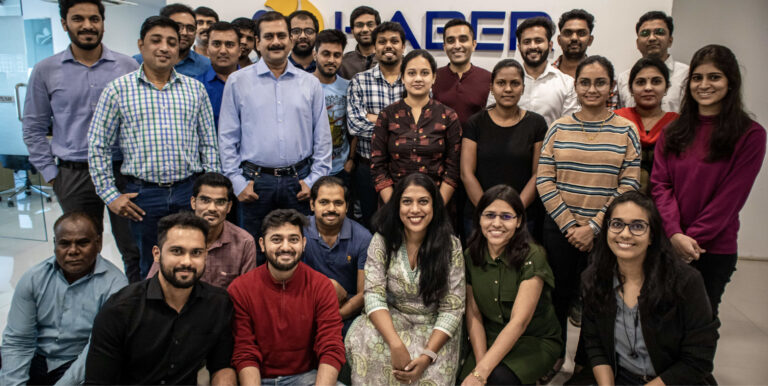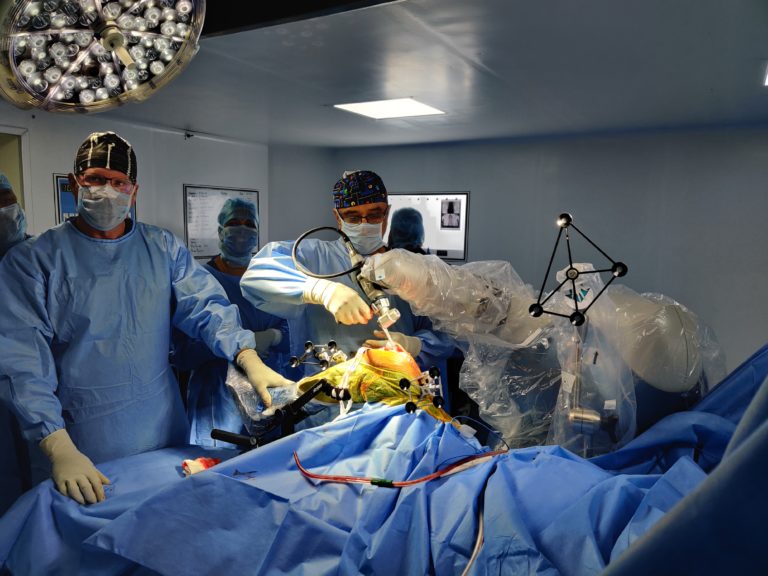Researchers across the globe are trying to inculcate technologies such as robotics and AI in their workflows to optimise and automate them. In such processes, Robotic Process Automation (RPA) is one of the most popular terminologies and is often sought-after for handling operational tasks with least manual intervention. In other terms, it is a software that automates low-level tasks.
However, the two terminologies AI & RPA are used interchangeably. It is important to realise that both RPA and AI facilitate a common goal of Intelligent Automation. While RPA is often picturized as a software robot mimicking human actions, AI is the simulation of human intelligence by machines. In this article, we list down 5 major differences between the RPA & AI.
Overall Approach
RPA: To put it simply, robotic process automation is intended to automate repetitive, low-level tasks by mimicking human actions and behaviour. It may be suitable for mundane tasks that require little or no human interventions such as entering purchase invoices in an ERP system, setting up a new customer account and others. RPA is a preconfigured software that works on a predefined program to complete autonomous execution of a combination of processes, activities and tasks.
AI: AI on the other hand is used for automating tasks in a much efficient manner. It is capable of delivering better results as it has the capability of rewriting themselves in response to their environment. It can make decisions and predictions either based on rules (as RPA) or based on numeric parameters achieved via machine learning. In a nutshell, AI is a combination of cognitive automation, ML, reasoning, MLP, analysis and much more. IBM Watson is an example of a cognitive system.
A key difference between AI & RPA is that the latter is used for running rule-based processes and requires structured inputs and AI is leveraged for unstructured inputs. Another key difference is that RPA software is trained exactly for the task, for example SAP’s Process Automation software.
Training Method
RPA: RPA is rule-based. It works on a set of instructions, or a set of rules and performing tasks accordingly. It uses a set of statements or steps to define a repetitive activity which it does by using algorithms to automate it. It is the systematic and organised inputs that RPA depends on to deliver desired results. As it is rule-based, it has no inbuilt intelligence and is prone to errors given its limited scope of intelligence. For instance, in a bill management system, if it can automatically record printed bills or automatically communicate customer issues, then RPA may be playing a key role.
AI: AI is much more than just rules. It is data-hungry and requires a large amount of data to train.. The data could be anything from customer information to images that helps machine understand the underlying concept. AI systems have the capability of learning over and over again using mathematical and statistical methods. Apart from ML, NLP is also used to deliver AI capabilities, which allows a machine to acquire an understanding of the human language.
Process-Driven Vs Data-Driven
RPA: It is highly process driven, meaning, it is all about automating repetitive and rule-based processes which typically requires interaction with multiple, disparate IT systems. Every activity needs to explicitly programmed, exposing it to the risk of delivering effective performance in many cases. Moreover, RPA cannot work on unstructured information.
AI: AI, on the other hand, is all about good quality data. It would be unfair to say that AI is all about ‘thinking’ as opposed to RPA which is all about ‘doing’ a task. AI comes in handy when there is loads of unstructured data to deal with, and can easily manage variability in data to get better with time, based on its own experiences. For example, image recognition, text recognition or search are some of the most mature AI applications seen in businesses today.
Learning And Thinking Capabilities
RPA: As we mentioned earlier, it is one of the key differences between the two. While RPA are ‘dumb’, AI have ‘self-learning’ capabilities. Robots or machineries activated with RPA will do exactly what you ask them do and in the same way all over again, every time.
AI: AI on the other hand is expected to perform a judgement based processing. This means that AI trained programs will act based on their learning from past data and trends. It can manage and understand patterns and trend over time. The bottom line is AI is an excellent self-learner and is good in capturing information such as vision recognition, sound recognition, search, data analysis and others. In short AI is where machines are trained to think like humans and possess the ability of rationalising and take actions accordingly.
The Human Involvement
RPA: RPA is practically a software that reduces human efforts and compliments their work. As RPA mimics the steps followed by humans, it is often programmed to relieve human workforce from mundane activities, so they could focus on other important activities to accelerate business growth. Having said that, it often requires human intervention to keep the robotic processes constantly updated.
AI: AI on the other hand has the capability of eliminating human effort to a significant extent. AI comes to a rescue when RPA fails and may not demand constant human intervention after the initial process of setting it up.
Conclusion
If you are looking to opt for either of the two processes, it is always wise to first analyse the nature of your process—decreasing turnaround time, saving cost, accelerating process, among others—and then decide on opting RPA or AI or a combination of both to achieve an extremely powerful result.


















































































